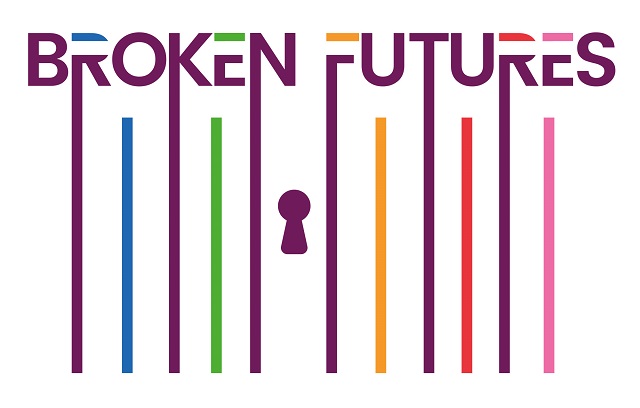The Broken Futures project researches local historical prosecutions of sex between men in Berkshire’s Crime and Punishment Archives, 1861 to 1967 to understand how these men were experiencing life and where they sat in the legal and justice system. Broken Futures aims to produce a fuller picture of this history which is no easy task, state archives were not designed to be used in his way and are not organised in neat categories for the present-day researcher. But by looking at the prison system as a starting point it’s possible to find diverse sexual practice among different people and in a variety of places.

We caught up with the Project Manager of Broken Futures, Amy Hitchings, to find out more
“I studied law at the University of Reading and have an interest in anti-discrimination law. When at university I had the opportunity, along with George Stokes, to study this historically as part of an Undergraduate Research Opportunity (UROP). This project reconstructed the lives of men who encountered the local criminal justice system as a result of sex with other men. We had six weeks to go through about twenty-five massive books of prison records. This information was then collated with other data (e.g. genealogical records) to build a complete picture of their lives.
“The UROP project ended in a community event in which people could view the material we’d gathered. From this event, it was apparent that there was a desire for people to get into and explore the archives. So this informed our approach to Broke Futures very much: to train community archivists who would access the archives and guide the research themselves. This was disrupted by the COVID pandemic but we were still able to create a history group of fifteen people who are now able to carry out archival research.
“Obviously we want to share our findings with as many people as possible. We have created a series of podcasts which are available in audio or as transcripts. Combining the research of this project, the Hidden Voices and Wolfenden 60 projects, enabled us to create walking tours Reading’s queer past. We also curated a digital exhibition at the Museum of Rural English Life (MERL). Our guiding principle in curating these materials has been to show that the regulation of sex between men affected people in Berkshire and contextualise this effect in their lives. Partnering with the MERL was a natural choice for this because Berkshire contains rural areas and it’s important to explore the difference of people’s identities in different areas. All this shows that, though this research can be contentious, it is possible to bring this material into spaces to allow an informed, rounded discussion.
“The real legacy of this project, though, is the upskilling of volunteers and being able to view archival material through their lenses, so allowing the material to be brought out and discussed with groups of diverse people. Using the resources together allowed us to put identity into the records, created a drive to investigate other people’s lives but also placed a value on the archives themselves.”
More information on the podcast series, walking tours and the project in general can be found on the Broken Futures website.
The virtual exhibition Rural Queer Lives in Berkshire Criminal Archives 1861-1967 is currently hosted by the Museum for English Rural Life.
The Broken Futures Project is funded by the National Lottery Heritage Fund and is managed and delivered by Support U, the LGBT+ support and wellbeing charity in the Thames Valley.
University of Reading researchers can apply to be Principal Investigators on UROP projects. Visit the UROP website for further details, or email the UROP Team for advice on applications or information on the scheme in general.
